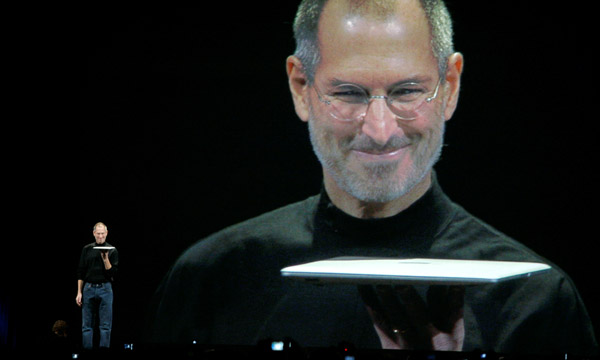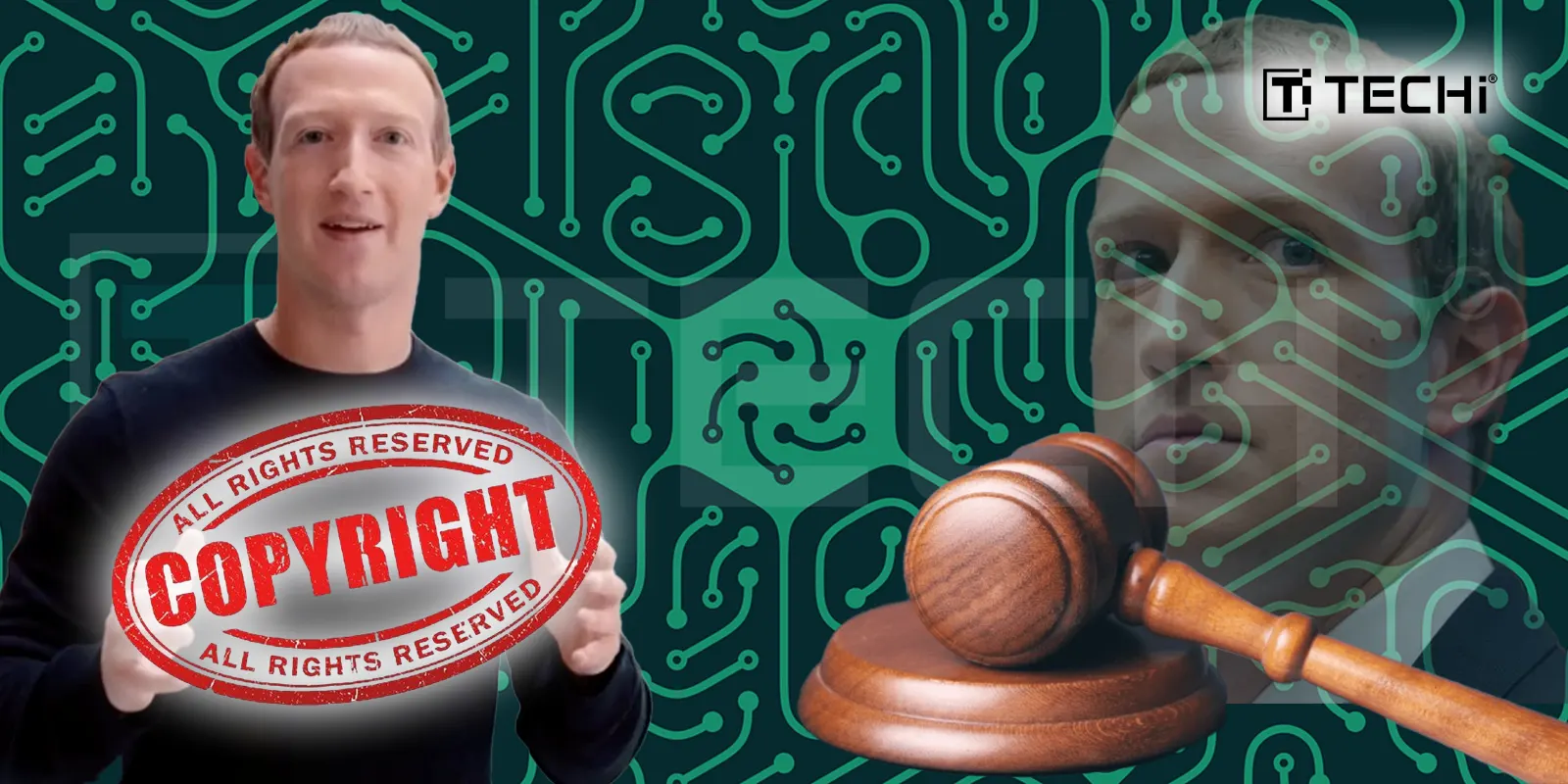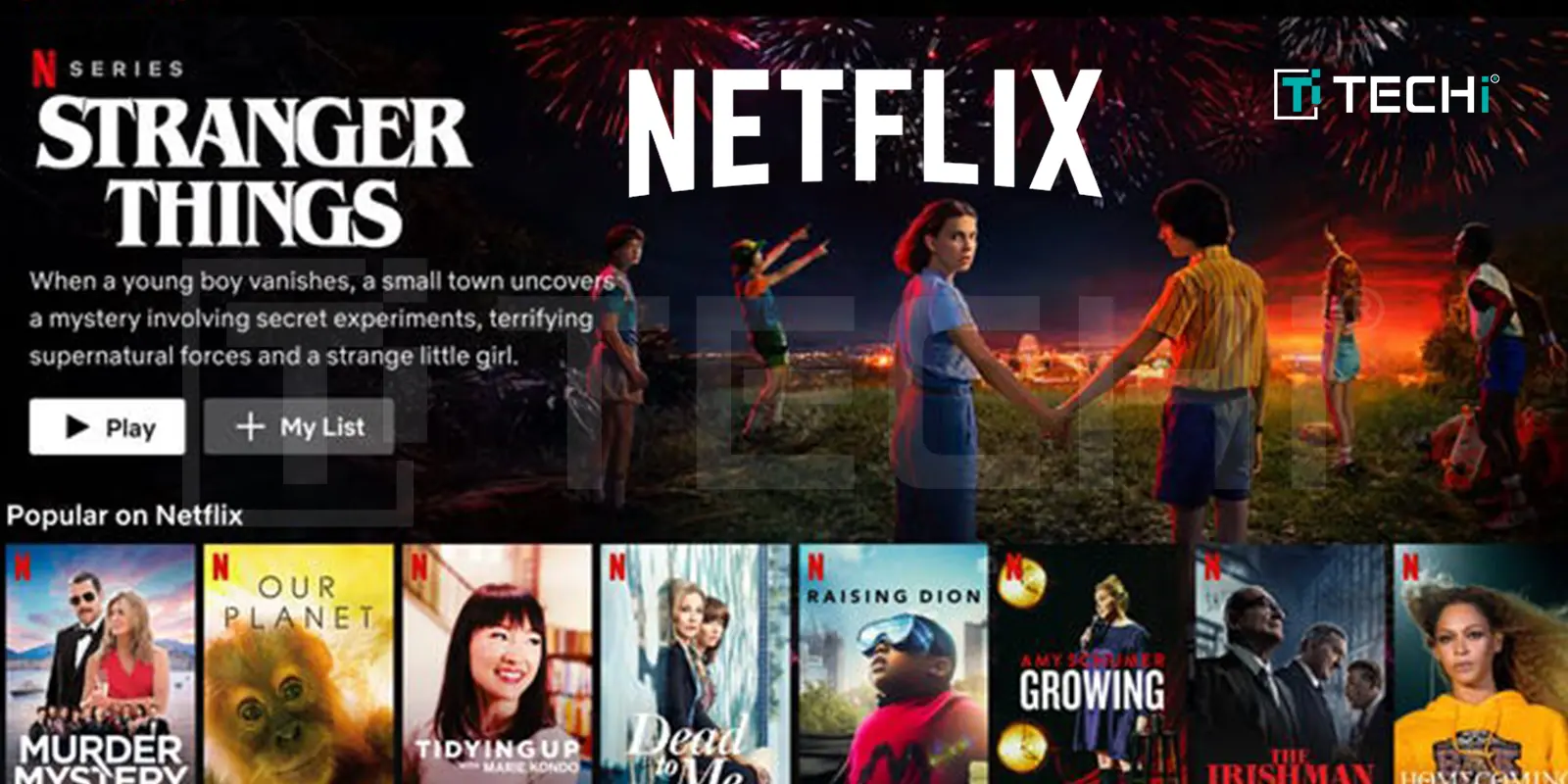Why Apple’s Distortion Field Works

When Steve Jobs recently made an appearance on Apple’s earnings call, he – to put it mildly – caused quite a stir. He said 7″ tablets like RIM’s Playbook and the Samsung Galaxy Tab will be DOA. He argued that the fragmented nature of Android is “a nightmare”.
Put in a more straightforward fashion, he smacked a lot of people down.
Yet, many rushed to smack him in return. RIM CEO Jim Balsillie suggested that people will soon tire of Apple telling them what to think. A Tweetdeck developer, whom Jobs referenced when talking about Android’s fragmentation, responded with bewilderment, saying that they have two developers working on their Android app and that it was fine. And good on them all. Jobs’ comments were, if nothing else, pretty arrogant.
But Jobs’ incendiary statements were also evidence of how the man thinks: my way may not be for everyone, but it’s the best way. And with Apple reporting an incredible $20 billion of revenue, it seems many agree.
So why is that that Steve Jobs and Apple in general command so much attention? And more to the point, why does this Apple “reality distortion field exist”?
What Is The Distortion Field?
Obviously, the Apple Reality Distortion field is not a real thing. But it is a useful term to describe a couple of interesting phenomena that surround Apple products:
- Apple the company seems to set the terms of debate in the tech world. Once the touch-screen arrived, it was touch-screen vs. keyboards. Closed vs. open debates are now about Apple vs. Google. Form vs. function arguments frequently reference Apple’s design. Apple is the company who have become a lightning rod for contemporary discussion about technology.
- Apple is perceived to be first to the market, even when it is not. Take something like Airplay. It, at least in theory, differs little from the DLNA wireless standard, but many blogs are calling it a gamechanger. Similarly, Steve Jobs called Facetime “the first video calling on a mobile device”, which it clearly isn’t.
- Users of Apple products fervently defend them against criticism.
So this is something we tech nerds know. But why does this happen?
Apple Has Become a Symbol
Nerds on the web (like us) often look at products in terms sheer functionality. I know I for one was pretty amazed when, on my Android phone, I could directly upload photos to Dropbox or simply install a new media player because I didn’t like the stock one. You can’t do this with Apple products, we claim.
But when people use examples like that as an example of why Apple ‘ain’t all that great’, what they miss is that Apple is not simply a tech company, but a cultural symbol. It isn’t necessarily about ‘sheeple’ or Apple’s marketing successes as much as much as it is that Apple, the media and the public have positioned Apple as a sign of the cultural importance and potential of technology.
For at least the last hundred years, technology has become the thing in our culture that is symbolic of how we’re moving into the future. And Apple has become the company many in our culture look to to determine the direction of that movement: what the trends will be, what technology will dominate etc.
How Apple Got There
So how is it that Apple became this symbol? Well first, it is not the only one. Google are there too, as are RIM, Sony and, even though people don’t realize it, Microsoft too.
But Apple seem to be the most prominent because of a simple, overlooked fact: its products are really obvious. You don’t have to be a tech-nerd to understand that touch screens are neat. You don’t have to be a geek to know that carrying around your music collection and scrolling through it quickly is useful. You don’t have to care about software to know that the way the App Store manages updates is really plain and clear. The benefits of Facetime are clear; no-one cares that you could do it on a Nokia phone years ago.
The point is that Apple’s grand sweeping statements (“we think this is the future of everything!”) connect with people quite easily. And because its products impact culture and not just tech – in things like the mobile web, the iPod, or the iPad – Apple can say what it wants because they are the ones setting the tone of the discussion. It is Apple who is showing everyone, rather than tech geeks, what technology is capable of and how it makes your life better.
What’s more, love them or hate them, Apple has innovated in creative, exciting ways. Whether touch-screens, iTunes, the App Store, the Macbook Air or the iPad, Apple is doing things before others. That’s key. It means that Steve Jobs can be an arrogant jerk because he can actually back it up.
So sure, the ‘reality distortion field’ can be annoying. Sometimes Apple will claim slightly crazy things – like open is bad, or that Android is terrible. Sometimes people forget that other companies are doing things that are just as exciting and innovative. But without understanding the reason for it – that Apple has become our culture’s symbol for how technology is supposed to work – it will never change, and we’ll be in Steve’s thrall for as long as he’s around.





At root this is an unresolvable perennial disagreement between semi-autistics and marketeers. The rhetoric of new Apple introductions invariably provokes techie saying ‘already been done’ and, usually, they’re right. But what geeks like me may be doing is merely exposing their own borderline Aspergers syndrome. Personally, I rarely hear the company definitively trumpeting pure technical firsts, except in (I’m sure carefully weighed) ambiguous marketing-speak. Rather it makes such claims because it’s often the first time the feature has been made viscerally usable to the average person – boasts frequently substantiated by user surveys (and subsequent sales). *That’s* Apple’s core skill – understanding that the most functional, and thus often most appealing, design *must* work intuitively not for those odd, high-IQ people who ‘live’ computers, but for ordinary folks who don’t. It’s a very high hurdle, which Jobs and his marketeers clearly grasp. The technically-minded, by their very nature, will always have a harder time accepting and implementing it. And guess what kind of people (in the main) are in charge of Apple’s rivals?
The Apple’s success is not limited to the iPod, iPhone and iTune. You can change all that products with Mac Plus Mac Se and the story will be the same,
Do you guys have a facebook or myspace fan webpage? I searched for one on facebook but could not locate one, I’d love to become a fan!
Apple seems to understand user experience, that is, 90% of have got other interests in life.
Apple has brought industrial quality manufacturing to products for the average consumer.
Microsoft in collusion with Intel had stifled computer innovation for over 10 years.
Apple may not have invented the individual pieces of technology but made it a joy to use.
Apple is actually more open than Microsoft. It’s just that Microsoft gives people the illusion of being open by having virtually a monopoly on the desktop and with chip manufacturers and OEM’s under their control.
“Apple are the company who have become a lightning rod for contemporary discussion about technology.”
Apple is singular. It would require an “s”to be plural. The sentence should read: Apple is the company that has become a lightning rod for contemporary discussion about technology.
When a authors doesn’t understands or uses simples Englishs grammars, ones have tos questions his/her abilitys are to speak factuallys on anys subjects.
Justs sayings.
Look up how British English uses plural/singular before trying to come off as something you’re not.